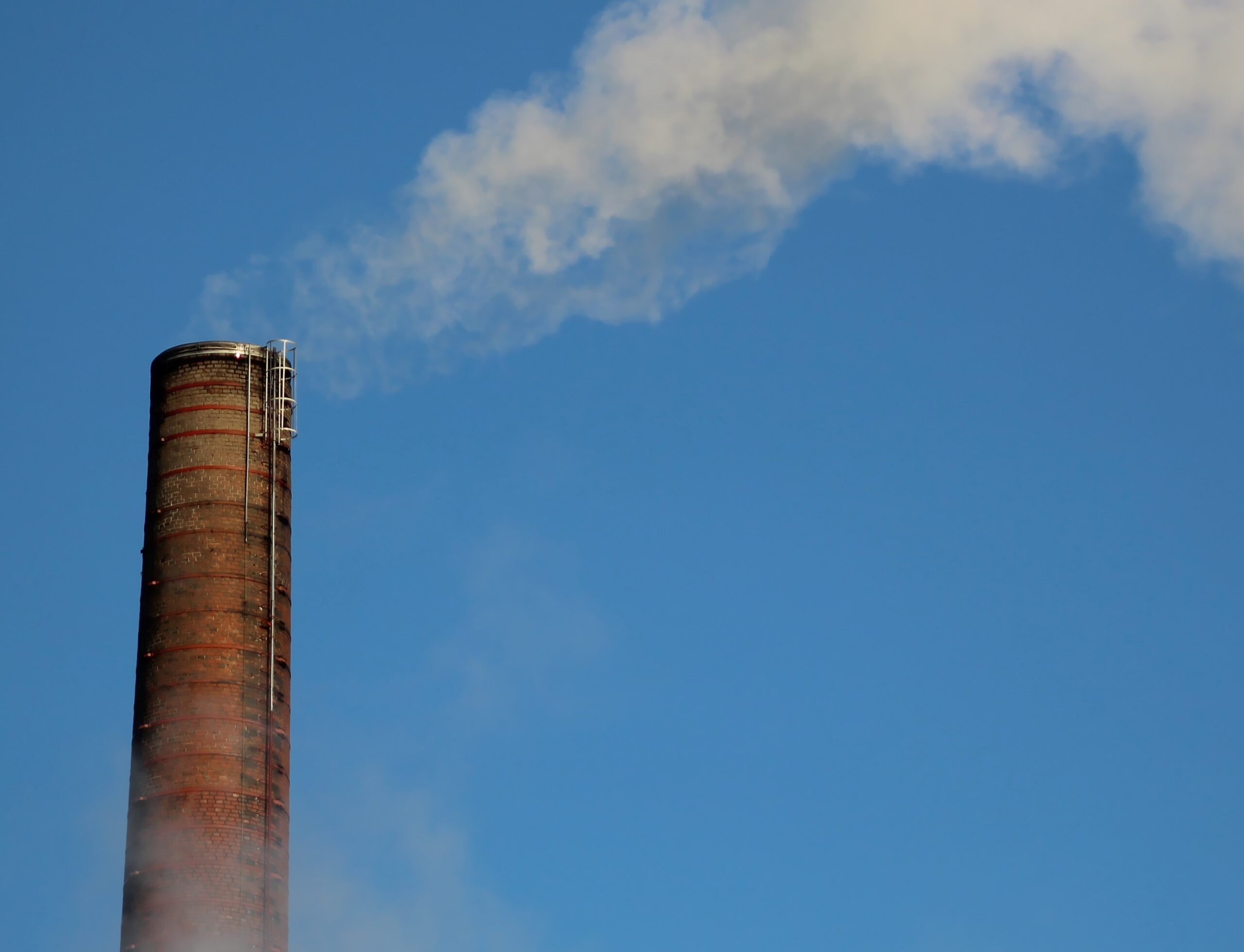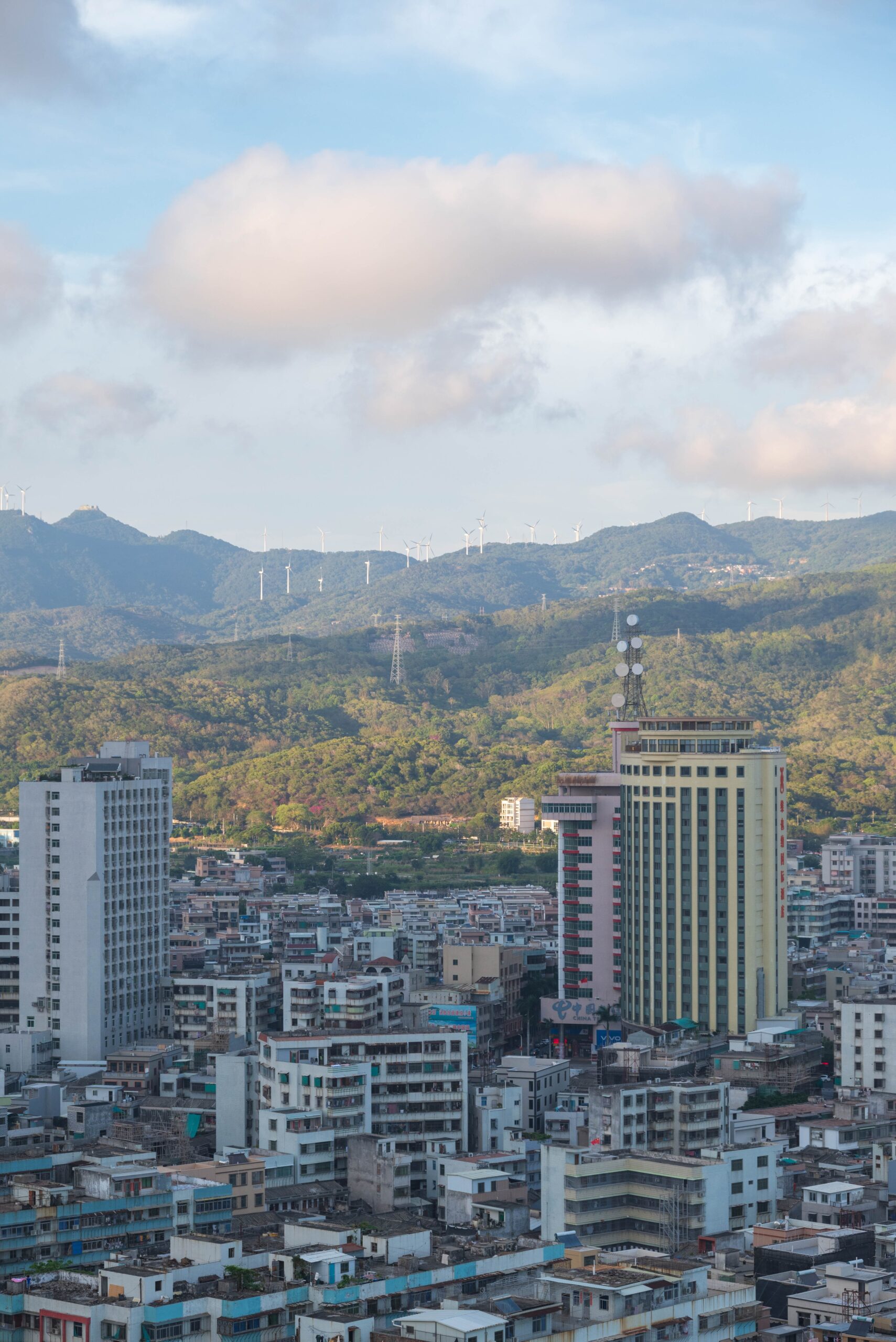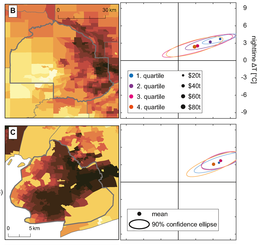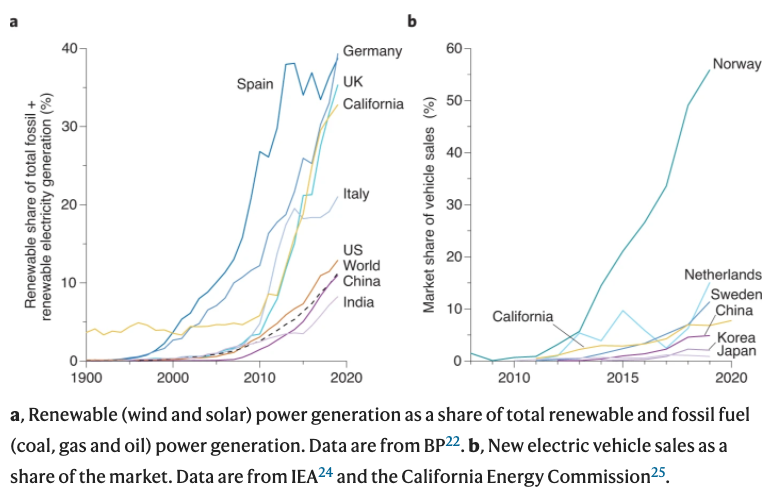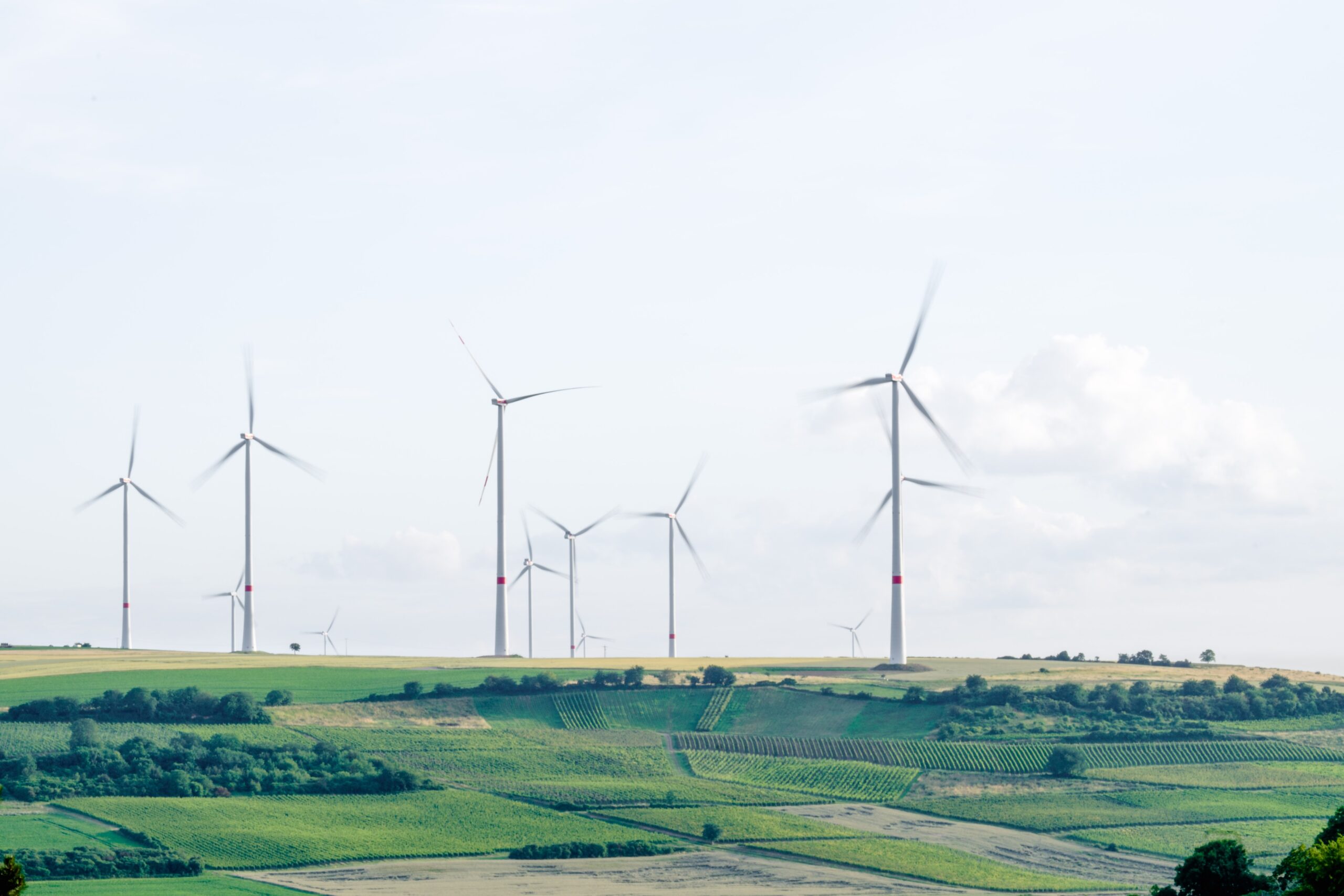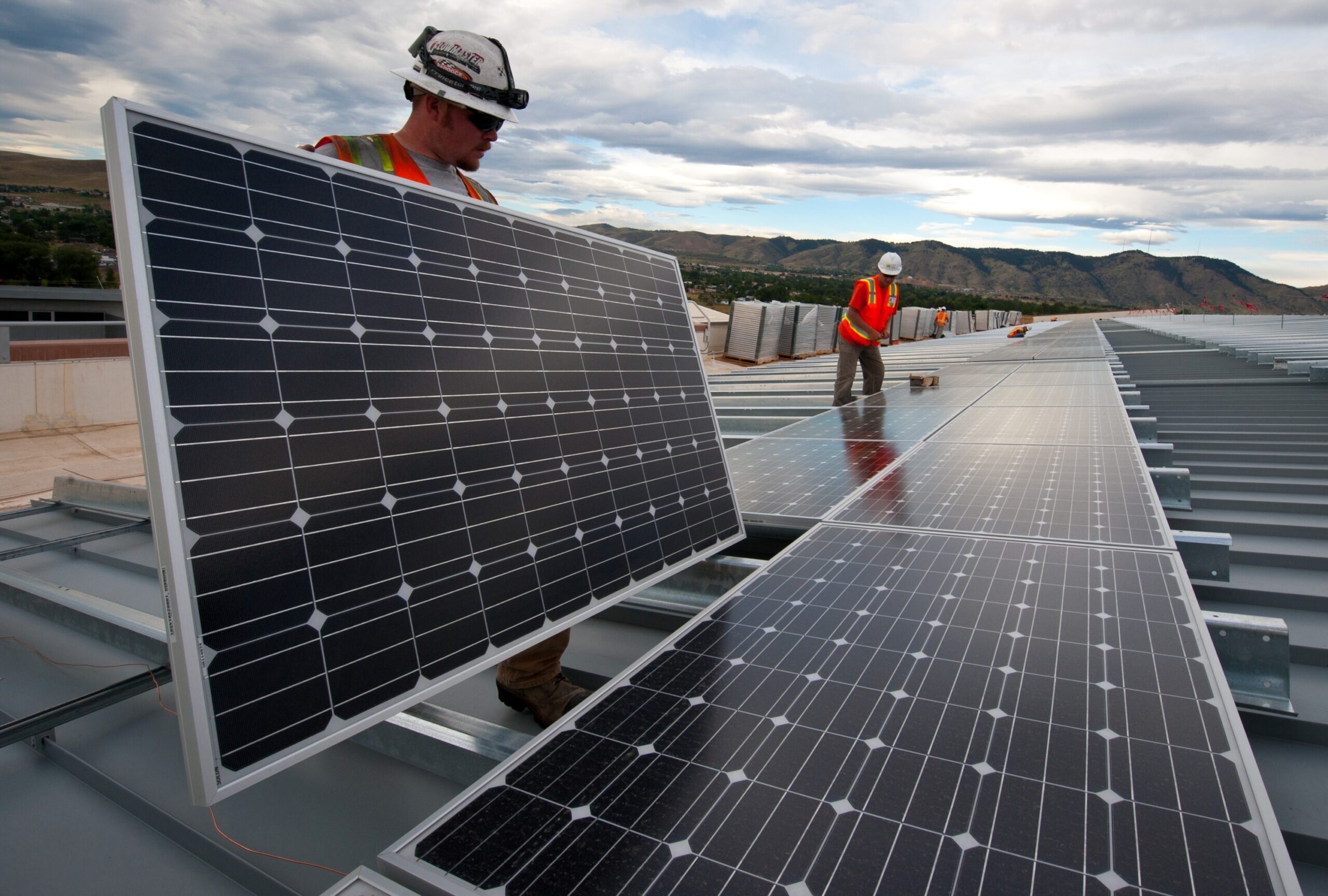With rising greenhouse gas emissions, climate change is occurring at rates much faster than anticipated and its effects are clearly felt worldwide. While there are positive steps in terms of the climate finance flows and the development of nationally determined contributions, far more ambitious plans and accelerated action are needed on mitigation and adaptation. Access to finance and strengthened capacities need to be scaled up at a much faster rate, particularly for least developed countries and small island developing States.
Traditionally, analysis of the costs of cutting greenhouse gas emissions has assumed that governments would implement idealized, optimal policies such as uniform economy-wide carbon taxes. Yet actual policies in the…
We trace the increasing scope and stringency of China's high-level climate pledges, and the primary institutions to meet them -- mostly, planning targets and command & control. These efforts are…
Remotely sensed land surface temperature measurements are used to explore the distribution of the United States’ urban heating burden. Drawing on urban temperature anomalies during extreme summer surface temperature events…
Stopping climate change requires revolutionary transformations in industry and agriculture. Ahead of several major climate meetings this year, policymakers struggling to measure progress on climate change should focus less on…
Aerosol emissions occur in tandem with greenhouse gases (GHGs) and vary by type of economic activity, so concurrent changes to aerosols from GHG reduction depend on what activities are reduced.…
Historically, human uses of land have transformed and fragmented ecosystems, degraded biodiversity, disrupted carbon and nitrogen cycles, and added prodigious quantities of greenhouse gases (GHGs) to the atmosphere. However, in…
For decades, the world’s governments have struggled to move from talk to action on climate. Many now hope that growing public concern will lead to greater policy ambition, but the…
The Zero Carbon Action Plan (ZCAP) will serve as a roadmap for the U.S. based on the latest modeling, research and understanding of decarbonizing six key sectors (power, transport, industry,…
The COVID-19 crisis has precipitated the largest decline of global greenhouse gas (GHG) emissions on record. Those massive current declines are likely temporary, but they raise important questions about the…
The most precipitous contraction of the global economy in a century has seen carbon emissions plummet. By the end of this year, emissions are likely to be 8% less than…


